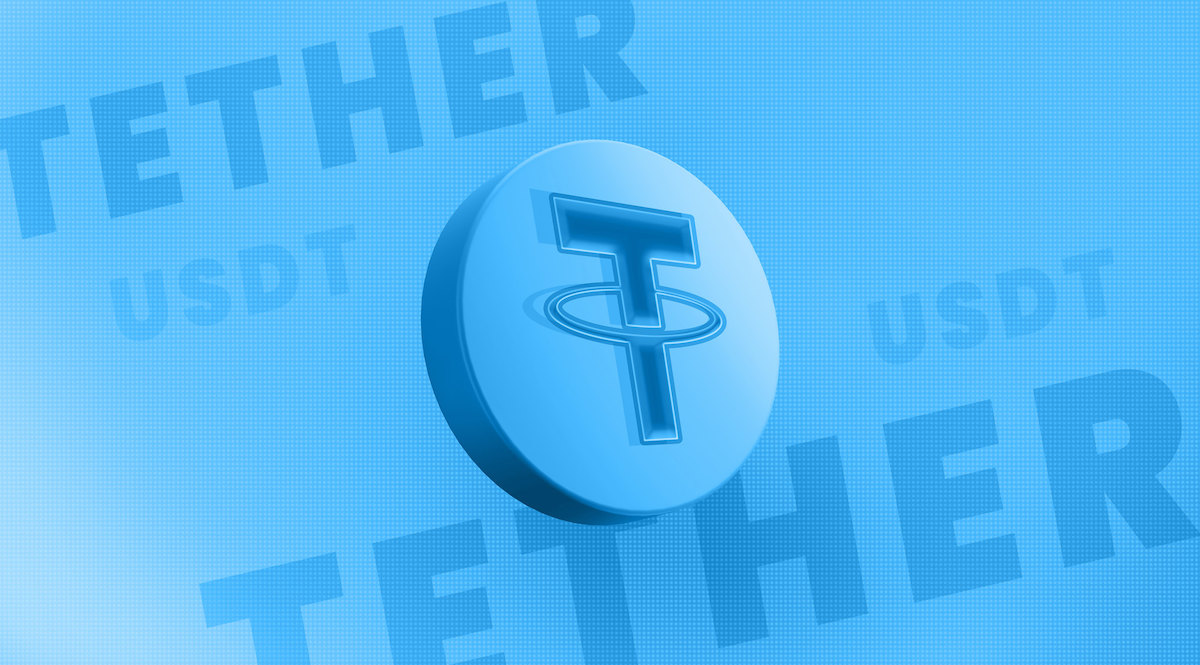Cryptocurrency exchange Uphold has recently notified its European users of a significant upcoming change: the platform will cease support for six well-known stablecoins starting July 1st. This decision is in response to the need for alignment with the new Markets in Crypto-Assets Regulation (MiCA) adopted by the European Union.
Stablecoins Facing Delisting
The stablecoins slated for removal from the Uphold platform include:
- Tether (USDT)
- Dai (DAI)
- Frax Protocol (FRAX)
- Gemini Dollar (GUSD)
- Pax Dollar (USDP)
- TrueUSD (TUSD)
Uphold has advised its users to convert these stablecoins into other cryptocurrencies prior to June 28th. After this deadline, any remaining balances in these stablecoins will automatically be converted to USD Coin (USDC).
MiCA Overview
The MiCA legislation, which was passed into law in May 2023 and partially implemented in June 2023, aims to be fully operational by the end of 2024. The regulation introduces comprehensive rules tailored to crypto-assets and aims to standardize practices across the European Economic Area.
- Stablecoin Regulations: Effective June 30th, MiCA’s specific provisions for stablecoins will start to influence how these assets are managed and traded in Europe.
- Regulatory Oversight: Oversight of major fiat-backed stablecoins and e-money tokens is transferred from national authorities to the European Banking Authority, driven by a blend of quantitative and qualitative indicators.
- Liquidity Requirements: A notable requirement is the 1:1 reserve of liquid assets to back stablecoins, ensuring their stability and reliability as a store of value.
| Exchange | Response to MiCA | Impact on Stablecoin Listings |
|---|---|---|
| Uphold | Delisting six stablecoins | Direct removal of specific stablecoins |
| Binance | Categorization into regulated and unauthorized | Pending decision on specific stablecoins |
| OKX | Delisted Tether in Europe | Action taken without citing MiCA |
| Kraken | Considering future support for USDT | Decision pending |
Impact of MiCA on Crypto Exchanges
The introduction of MiCA has prompted significant adjustments within major cryptocurrency exchanges. Apart from Uphold, others like Binance and OKX have also modified their stablecoin policies. Specifically, Binance has divided its stablecoin offerings into “regulated” and “unauthorized” categories in anticipation of complying with MiCA’s strictures, though final decisions on classifications are still underway.
With the stringent requirements set forth by MiCA, stablecoins that are backed by the euro may see a surge in popularity and use within the EU. The regulation’s emphasis on security and transparency could enhance consumer confidence in using these digital currencies for payments and as a reliable store of value.
The broader crypto market could witness shifts in stablecoin preferences and trading patterns as exchanges align with regulatory requirements. These changes might lead to:
- Increased Adoption of Compliant Stablecoins: As non-compliant stablecoins are phased out, compliant ones could gain market share.
- Enhanced Market Stability: The regulations aim to mitigate the risks associated with high volatility and liquidity issues in crypto markets.
- Innovation in Compliance: Exchanges and token issuers may innovate to meet regulatory standards while still offering competitive and attractive products.
Uphold’s decision to delist specific stablecoins is a direct response to the evolving regulatory landscape shaped by the MiCA framework. As the crypto market continues to mature, the adherence to such regulations will likely play a crucial role in shaping its stability, growth, and public perception. Exchanges across Europe are navigating these changes, each taking unique approaches to compliance that will influence the future dynamics of the cryptocurrency ecosystem.










